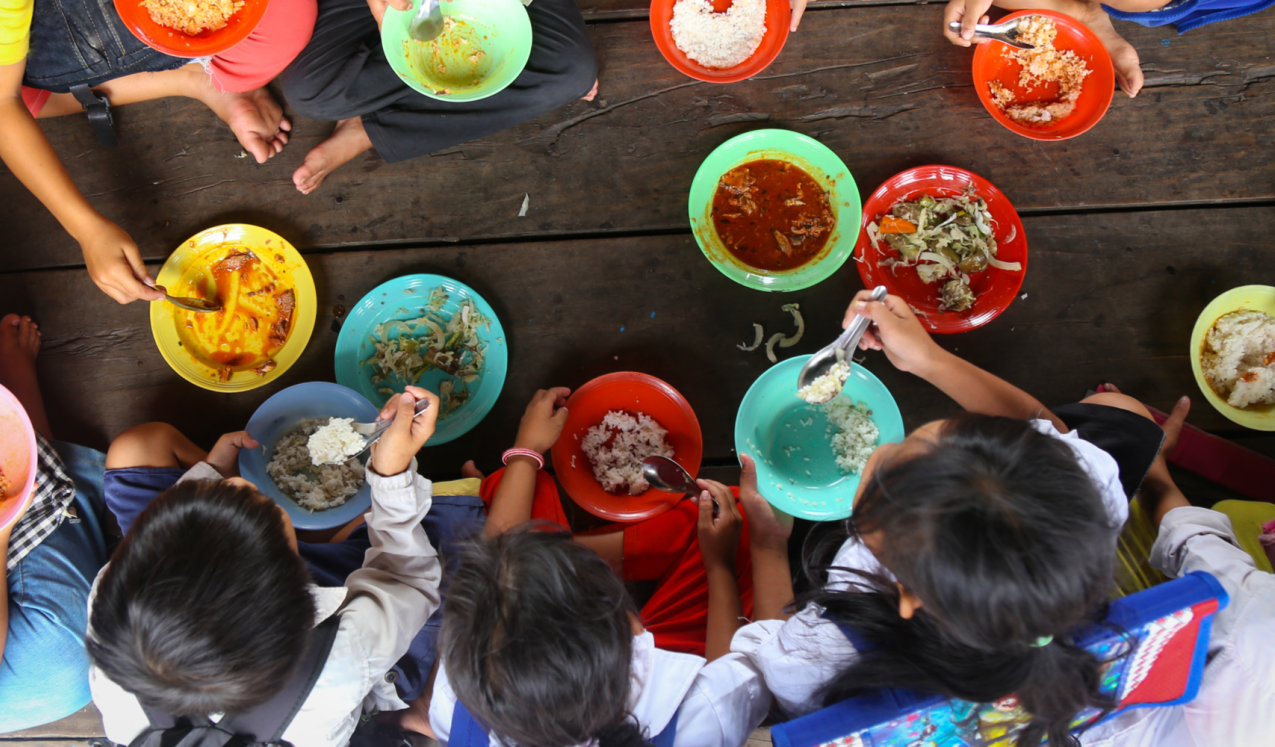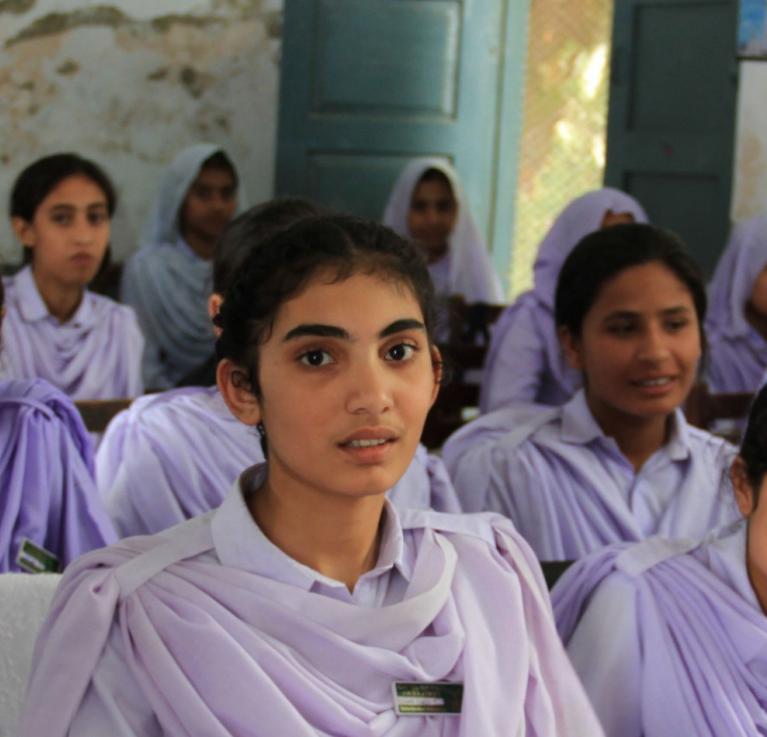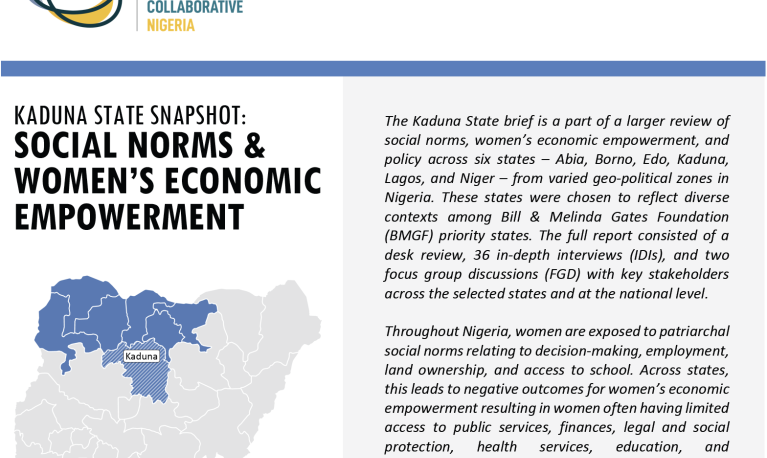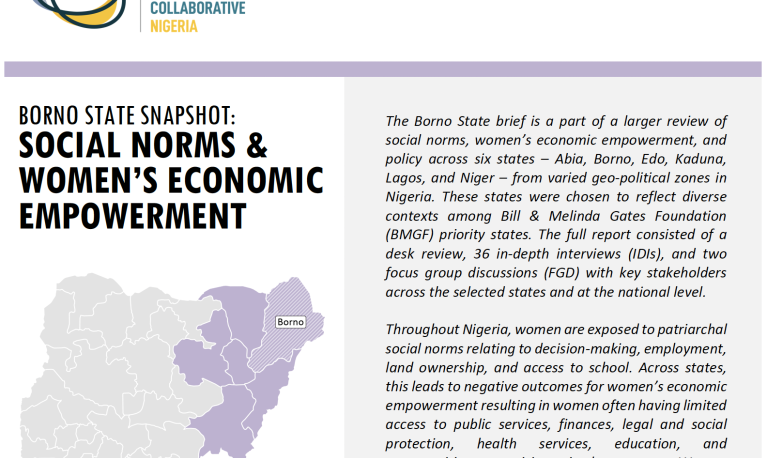
Social protection refers to the range of policies and programmes adopted by national governments to address, alleviate and/or prevent poverty and vulnerability when individuals or households face shocks or risks along the lifecycle. It encompasses a range of instruments such as social insurance, social assistance, health insurance/health fee waivers, protection of workers, public works, and agricultural/other subsidies.
Some programmes have explicitly targeted cash transfers based on gender and age (e.g. to address financial barriers that encourage adolescent girls to stay in school or to prevent child and early marriage or child labour). Other programmes have sought to create a ‘new normal’, for example by making it possible for all adolescents, regardless of gender or socio-economic status, to attend school. And some programmes have introduced behavioural change components to shift harmful gender norms to contribute to gender-transformative change.
The resources on these pages examine how far these programmes contribute to change in attitudes and norms, and in what circumstances people revert to old patterns of behaviour if social protection programmes are discontinued. They provide a window on the question of whether economic incentives on their own can lead to sustainable norm change, or whether additional attention to discriminatory norms is needed.
Featured resources
Biblio/Lit. review
1 July 2018

Published by: ALIGN
Briefing paper
1 July 2021

Briefing paper
1 July 2021

Briefing paper
1 July 2021

Briefing paper
1 July 2021

